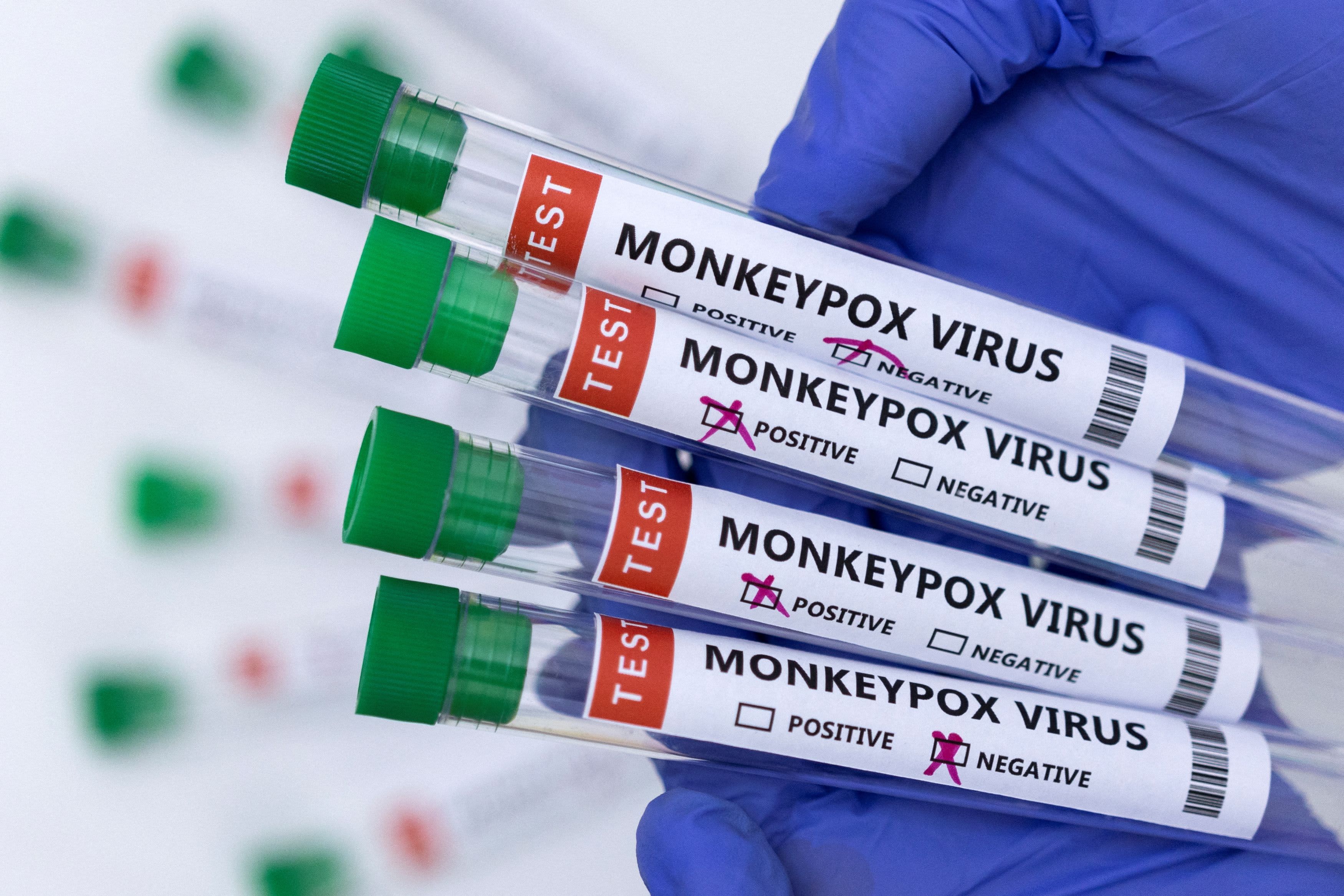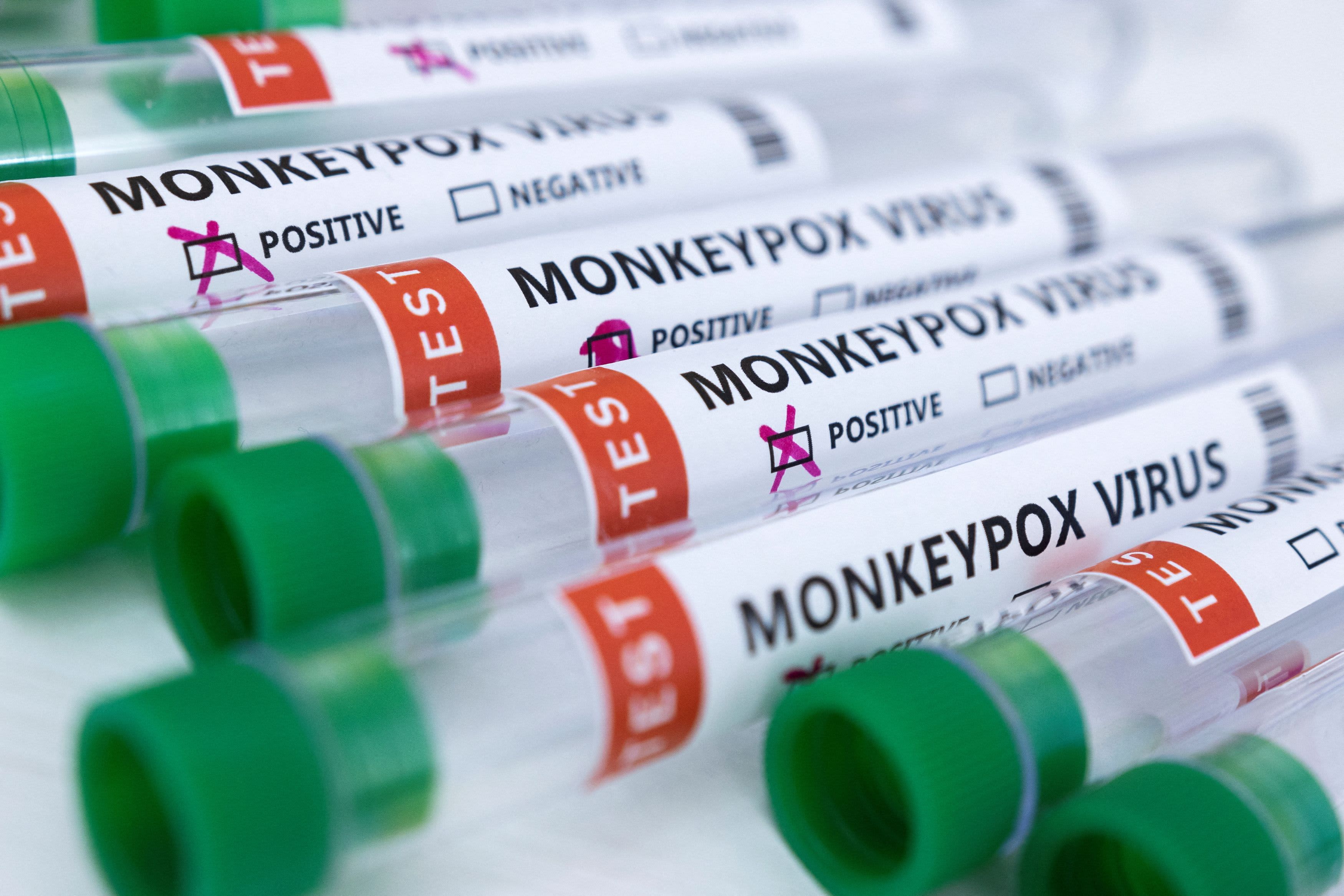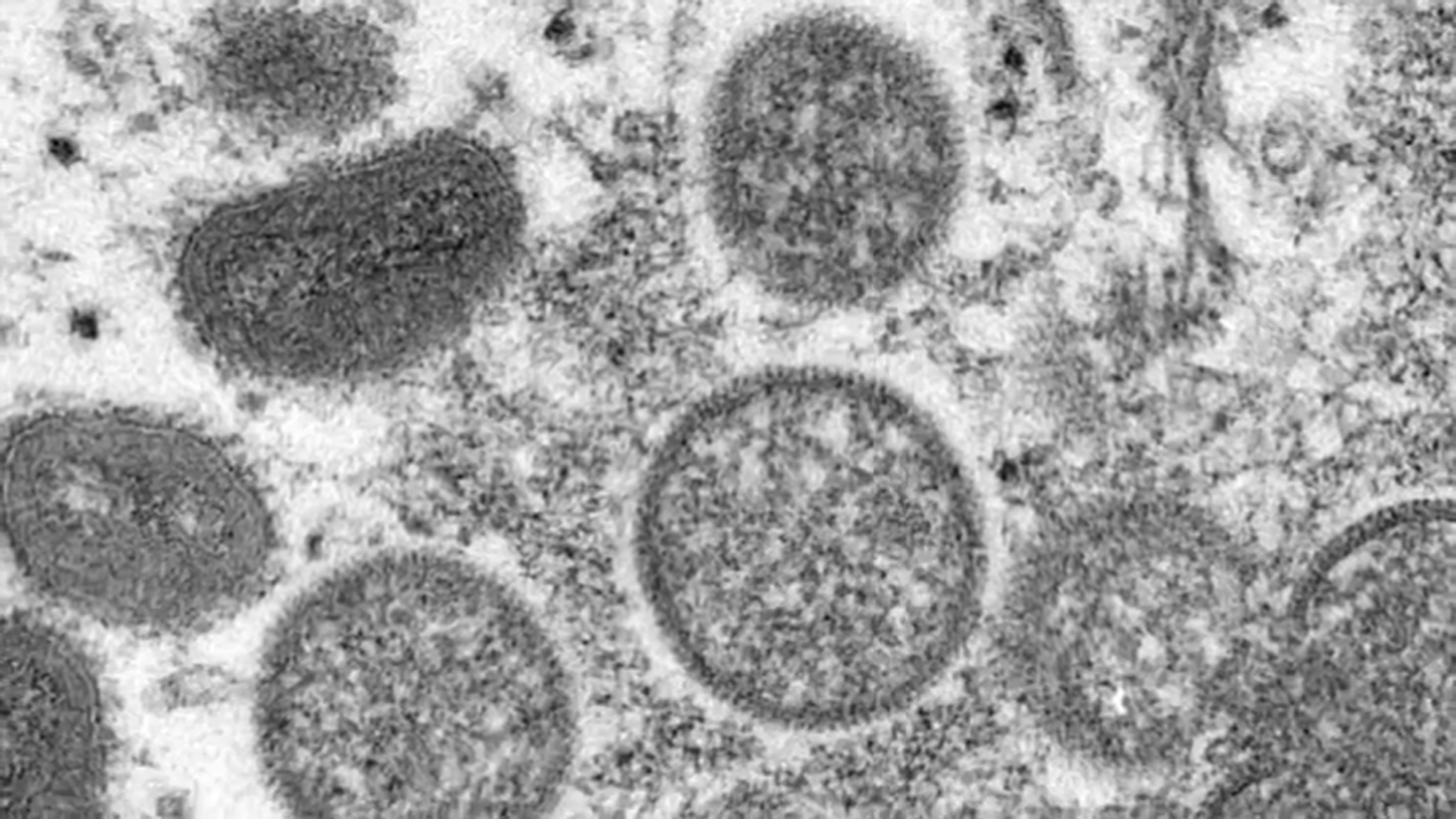Health officials announced the first probable case of monkeypox in Rhode Island on Thursday morning.
The case is believed to be related to travel to Massachusetts, health officials said. No additional positive cases have been detected in Rhode Island.
WATCH ANYTIME FOR FREE
>Stream NBC10 Boston news for free, 24/7, wherever you are. |
The case is in a man in his 30s who lives in Providence County, the Rhode Island Department of Health said. The man tested positive for an orthopox virus, and confirmation for monkeypox is pending testing at the Centers for Disease Control and Prevention.
The man is not hospitalized and is in good condition.
Get updates on what's happening in Boston to your inbox. Sign up for our >News Headlines newsletter.
Massachusetts has reported just one confirmed case so far, while no other cases have been reported in any of the other New England states.
Health officials said they are conducting contact tracing to identify individuals who might have been exposed to the patient while he was infectious. All contacts will be monitored by the state Department of Health for three weeks after their last day of exposure.
To protect patient privacy, health officials no further information about the patient will be released.
“While monkeypox is certainly a concern, the risk to Rhode Islanders remains low – even with this finding. Monkeypox is a known – and remains an exceedingly uncommon – disease in the United States. Fortunately, there is a vaccine for monkeypox that can be given before or after exposure to help prevent infection,” said Interim Health Director Dr. James McDonald. “RIDOH continues to engage in active case finding and we have been communicating the latest information with healthcare providers so that they have the information they need to help us ‘identify, isolate, and inform.'"
Monkeypox is not known to spread easily among humans; transmission generally does not occur through casual contact. Human-to-human transmission occurs primarily through direct contact with body fluids, including the rash caused by monkeypox. Transmission might also occur through prolonged, close, face-to-face contact.
The time from someone becoming infected to showing symptoms for monkeypox is usually 7 to 14 days but can range from 5 to 21 days. Infected people are not contagious before they show symptoms.
Symptoms of monkeypox include fever, headache, muscle aches, exhaustion, and swollen lymph nodes. Infected people develop a rash, often beginning on the face then spreading to other parts of the body, that turns into fluid-filled bumps. These pox lesions eventually dry up, scab over, and fall off. The illness typically lasts 2 to 4 weeks.
Currently, there is no proven, safe treatment for monkeypox, though the limited evidence available indicates that smallpox treatments may be useful. Most people recover with no treatment.
Anyone who has symptoms of monkeypox should call their healthcare provider before going to the office for an appointment. Let them know you are concerned about possible monkeypox infection so they can take precautions to ensure that others are not exposed.
For a complete list of confirmed monkeypox cases by state in the U.S., visit the CDC's website.




